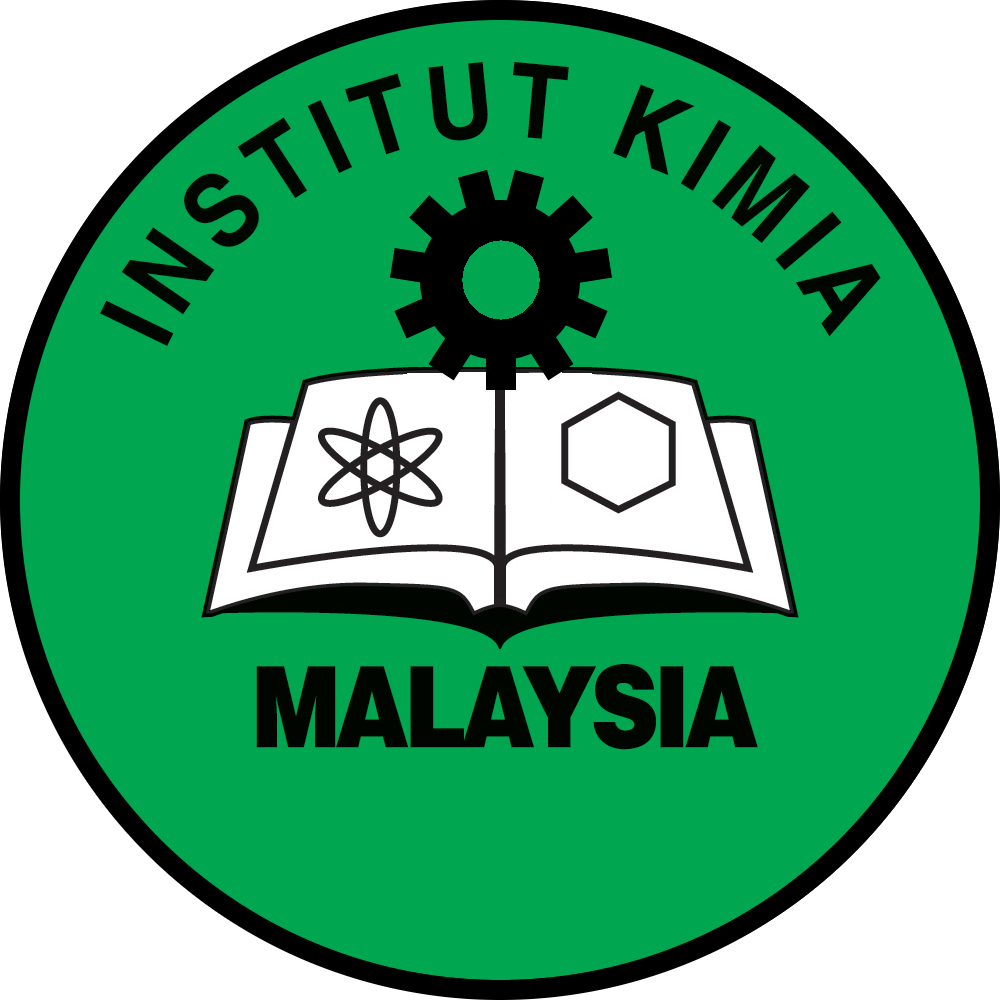Syzygium Polyanthum Inhibit Herpes Simplex Virus Type 1 (HSV-1) Replication Cycle In Vitro
DOI: https://doi.org/10.55373/mjchem.v26i1.134
Keywords: Syzygium polyanthum; antiviral; herpes simplex virus type 1; plaque reduction assay
Abstract
This study aims to investigate the antiviral activities of methanolic extract of Syzygium polyanthum towards Herpes simplex virus type 1 (HSV-1). Plaque reduction assays were carried out to evaluate the antiviral activity of S. polyanthum extract against HSV-1. Time dependent studies were conducted to evaluate the effect of delayed treatment and also the effect of different time exposure to S. polyanthum methanol extract againstHSV-1 antiviral activity. The effect on replication phases of HSV-1 was determined by time-of-addition and time-of-removal assays. Time-of-addition assay showed the extract inhibits 70% of the virus at 2 hours post infection (hpi). In time-of-removal assay, treatment with extract caused 20% reduction of plaque formation as early as 2 hpi and reached more than 80% after 16 hpi. Gene expression analysis by quantitative Real-Time Polymerase Chain Reaction (qRT-PCR) using selected primers was done to investigate the level of gene transcript at different replication phases of HSV-1 which included immediate early genes (UL54), early gene (UL30), and late gene (UL27). The result showed that transcript levels of these genes in infected cells treated with S. polyanthum extract were reduced compared to infected cells without treatment. This study showed that S. polyanthum extract has potential as anti-HSV-1 by the following modes: interruption of virus attachment and penetration into cells, direct damage to viral particle, reduction of viral progeny infectivity, and reduction of expression of HSV-1 genes at different phases of viral replication.
